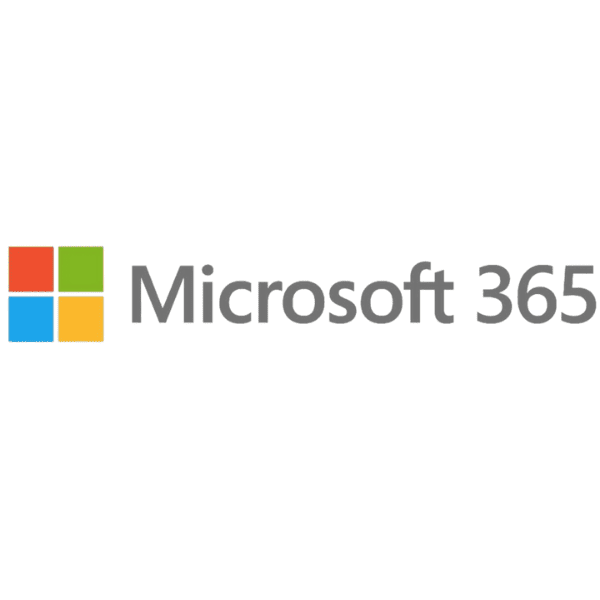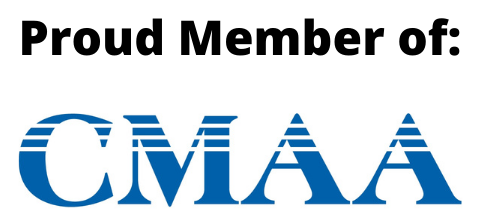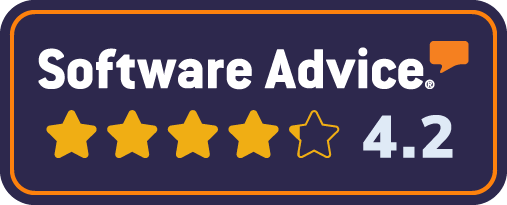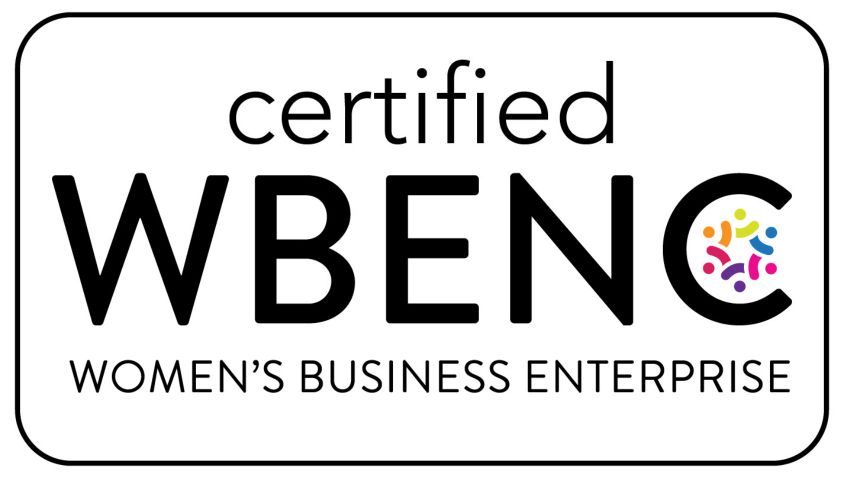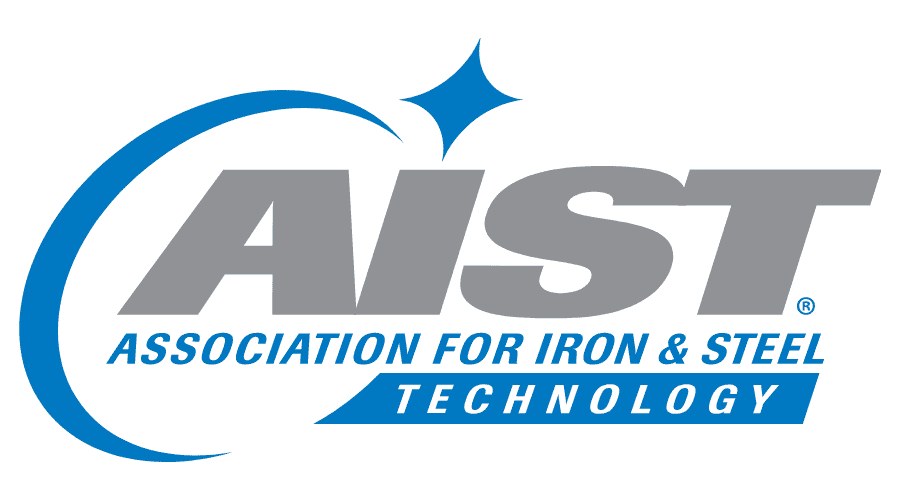Maximize Efficiency with Construction Scheduling Software
Construction scheduling software really is a game changer. Discover how it can improve productivity and profitability here.
Most construction companies start scheduling their projects on the phone, talking directly to crews and customers, and scribbling jobs in a diary or calendar.
At some point, they usually transition to whiteboards and digital calendars, and while you’re still a relatively small organization, that does work quite well.
But if you’re doing things right, at some point you’re going to outgrow the whiteboards and calendars, and you’ll just have too many crews working on too many job sites to keep track of everything manually.
Once that happens, it’s usually time for construction scheduling software. But let's take a closer look at why poor scheduling lowers efficiency and profits, and how construction scheduling software helps to solve the problem.
Table of Contents
- Time Is Money
- Why Can't You Manage Projects As Efficiently As You'd Like?
- Tips for Choosing the Best Construction Scheduling Software for Your Company
Time Is Money
It's one of the oldest sayings around, but when you’re talking about construction, the phrase “time is money” really does mean what it says.
In construction, the big wildcard is always labor and labor-related issues. A good estimator can do an accurate take-off of materials, and a good project manager can ensure you get change orders when you need them.
But if the people on site aren’t meeting task deadlines, there are many ways that you will be losing money, such as:
- Direct labor costs – when your crews aren’t meeting your estimator’s productivity assumptions, it's costing you money
- Overhead costs – most larger construction companies build overhead costs into their estimates, and delays will eat into that too
- Profits – the more time you lose on labor and overhead costs, the smaller your profits will be
- Standing time costs – if you’re not managing your projects effectively, you might not be able to claim for standing time or delays
- Equipment rental costs – usually, these are charged per hour, day, or week, so if you’re losing time, you’re also spending more on equipment
Time overruns on construction projects can cost you money in nearly every way you can imagine, but there is something even worse.
When you don’t start projects on time, or you don’t finish them when you had planned to, you might well end up with unhappy customers. Since word of mouth works both ways, that could cost you money in the future, too.
Why Can’t You Manage Projects As Efficiently As You'd Like?
One of the biggest reasons that it’s so hard to manage projects efficiently using manual methods is that construction just changes so fast.
The job you planned to start today might be delayed by a permitting issue, or a crew might have to stop work to wait for materials somewhere else.
The true key to managing projects as efficiently as possible is being able to make changes to your scheduling with very short notice, and the larger and more complex your workload is, the harder that is to do manually.
Construction scheduling software not only allows you to move projects and crews around quickly and easily, but it can also flag potential conflicts. Most will also automatically adjust tasks designated as successors when you move a project or task, which means there’s less manual work involved in making the inevitable schedule changes every construction company faces.
Tips for Choosing the Best Construction Scheduling Software for Your Company
If you’re scrambling to keep projects on track, struggling to redeploy people, equipment, and resources when something changes, and losing time and money on your construction projects, it’s definitely time to invest in construction scheduling software.
Choosing the right solution can be tough, with so many options out there. Here are some simple tips you can use to shortlist your options quickly:
1. Look for user-friendly software – not everyone on your team is a project manager, and unless you have a project management company, you don’t need anything overly complicated
2. Prioritize collaboration – good construction scheduling software brings the field and the back office together in one place, so everyone has their finger on the pulse
3. Consider integration – you want a solution that allows you to pull data from other systems and push data to other platforms and software
4. Always ask about security – construction firms are increasingly being targeted in cybercrimes, so make sure any options you’re considering are as secure as possible5. Always take the test drive – if a software company isn’t able to provide a live demo and answer all your questions, they might not provide support when you need it
Investing in construction scheduling software and implementing it in your business is a big decision; however, when you choose the right one, it will pay for itself within months or even weeks. So take your time, evaluate all the options, and find the right fit before you take the plunge.


